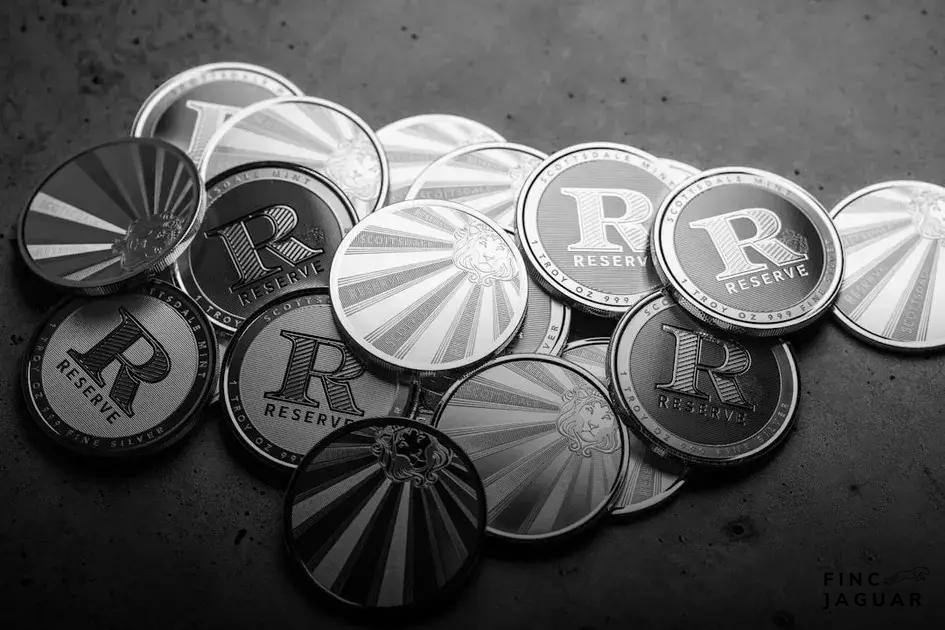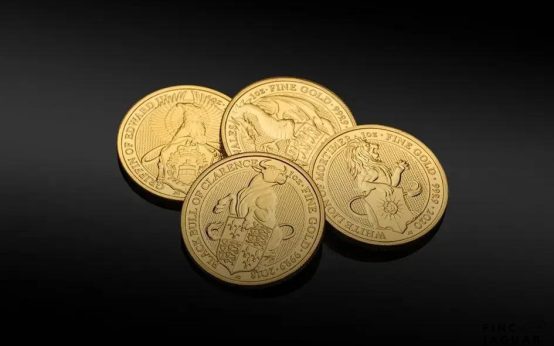Looking to invest in Bitcoin? It’s essential to understand how to buy Bitcoin safely and securely. Whether you’re a novice or an experienced investor, these key strategies can help you navigate the crypto market confidently. From selecting a secure exchange to managing your investments, this guide covers everything you need. Dive in to safeguard your digital assets effectively.
Understanding Bitcoin Basics
What is Bitcoin?
Bitcoin is a type of digital currency, or cryptocurrency, that allows for peer-to-peer transactions. It operates on a decentralized network called the blockchain. This means there are no banks or middlemen involved in transactions. The blockchain is a public ledger that records all Bitcoin transactions, ensuring transparency and security.
How Does Bitcoin Work?
Bitcoin uses a technology called cryptography to secure transactions. Each participant in the Bitcoin network has a unique private key, which is like a password. This key allows users to send and receive bitcoins. All transactions are verified by network nodes through cryptography and recorded in the blockchain.
Why is Bitcoin Popular?
Bitcoin has become popular due to its innovative technology and potential for high returns. Unlike traditional currencies, Bitcoin is not controlled by any government or financial institution. This gives it a level of freedom and security that is attractive to many users around the world. Additionally, Bitcoin’s supply is limited to 21 million coins, which adds to its scarcity and value.
The History of Bitcoin
Bitcoin was created in 2009 by an anonymous person or group known as Satoshi Nakamoto. It has since grown from a niche digital currency to a globally recognized asset. As of today, Bitcoin is accepted by numerous merchants and can be traded on various exchanges around the world.
Choosing a Secure Exchange

When choosing a secure exchange, it’s crucial to prioritize security features. Look for platforms with two-factor authentication (2FA), which adds an extra layer of protection by requiring a second form of identification beyond just a password. Explore exchanges that offer cold storage options, where the majority of the cryptocurrency is kept offline and away from potential hackers.
Check if the exchange is compliant with regulations. A registered platform is more likely to adhere to strict security protocols, providing you with a safer trading environment. Investigate the exchange’s reputation by reading reviews from other users and checking for any security breaches in its history.
Support can be critical if an issue arises. Make sure the exchange provides reliable customer support channels, such as live chat or a dedicated support hotline. This will enable you to resolve problems quickly.
Evaluate the platform’s user interface. A clear and straightforward design ensures you can navigate security settings effortlessly and make informed trading decisions.
Consider additional security measures like withdrawal restrictions, which can help prevent unauthorized access. Secure exchanges often offer insurance or guarantees for funds held on the platform, adding another layer of trust and reassurance for users.
Setting Up Your Digital Wallet
To begin your journey in buying Bitcoin safely, setting up a digital wallet is a crucial step. A digital wallet stores your Bitcoin and manages your transactions. Begin by choosing a wallet type: software wallets, hardware wallets, or mobile wallets. Software wallets are applications you can install on your computer or mobile device, offering ease of access and management.
For enhanced security, consider a hardware wallet, a physical device that stores your private keys offline, away from online threats. These wallets are ideal for those who prioritize security over convenience.
Choosing the Right Wallet Provider
Research reputable wallet providers. Look for features such as two-factor authentication, backup options, and user-friendly interfaces. Investigate user reviews and ensure that the wallet is compatible with the operating systems and devices you use.
Backing Up Your Wallet is essential. Most digital wallets provide recovery phrases. Write these down and store them in a safe place, as they are your safeguard against loss of access.
Finally, regularly update your wallet software to benefit from security patches and new features. This proactivity is key to maintaining the safety of your digital assets.
Ensuring Transaction Safety

One of the critical steps when investing in Bitcoin is making sure your transactions are secure. As Bitcoin operates in a decentralized environment, taking extra precautions can help enhance your safety. The following key strategies can help elevate your transaction security:
Reliable Wallet
First, ensure that you are using a reliable digital wallet. A good wallet offers robust encryption and additional security features like two-factor authentication. Opt for a wallet that has a strong reputation in the crypto community and, if possible, choose one with support for multiple currencies.
Secure Connections
Always use a secure internet connection when accessing your wallet or making transactions. Avoid public Wi-Fi networks as they can be more susceptible to attacks. Instead, use a private network or a Virtual Private Network (VPN) to encrypt all your internet traffic.
Transaction Verification
Verifying transactions before completing them can save you from unwanted errors or scams. Double-check the recipient’s address carefully. Bitcoin addresses are long, and even a small mistake can result in a loss of funds. Keep a detailed transaction log to track your operations.
Always stay informed about potential security threats and keep your software up to date. Frequent updates often patch vulnerabilities, ensuring that your transactions remain protected against cyber threats.
Monitoring and Managing Your Investment
After purchasing Bitcoin, it’s crucial to keep a vigilant eye on your investment. Use secure and reputable platforms to monitor the value of Bitcoin continuously. Consider setting up price alerts to stay informed about significant changes in the market. Regularly check your digital wallet to ensure all transactions and balances are correct.
Security should be a priority. Make sure to update your security measures regularly, including using strong passwords and two-factor authentication. Choose a hardware wallet for added protection against online threats.
Stay informed by following reputable crypto news sources and joining communities that discuss market trends and investment strategies. Don’t forget to review your investment strategy periodically, ensuring it aligns with your financial goals. Remember, the crypto market can be volatile, so maintain a well-thought-out approach.





